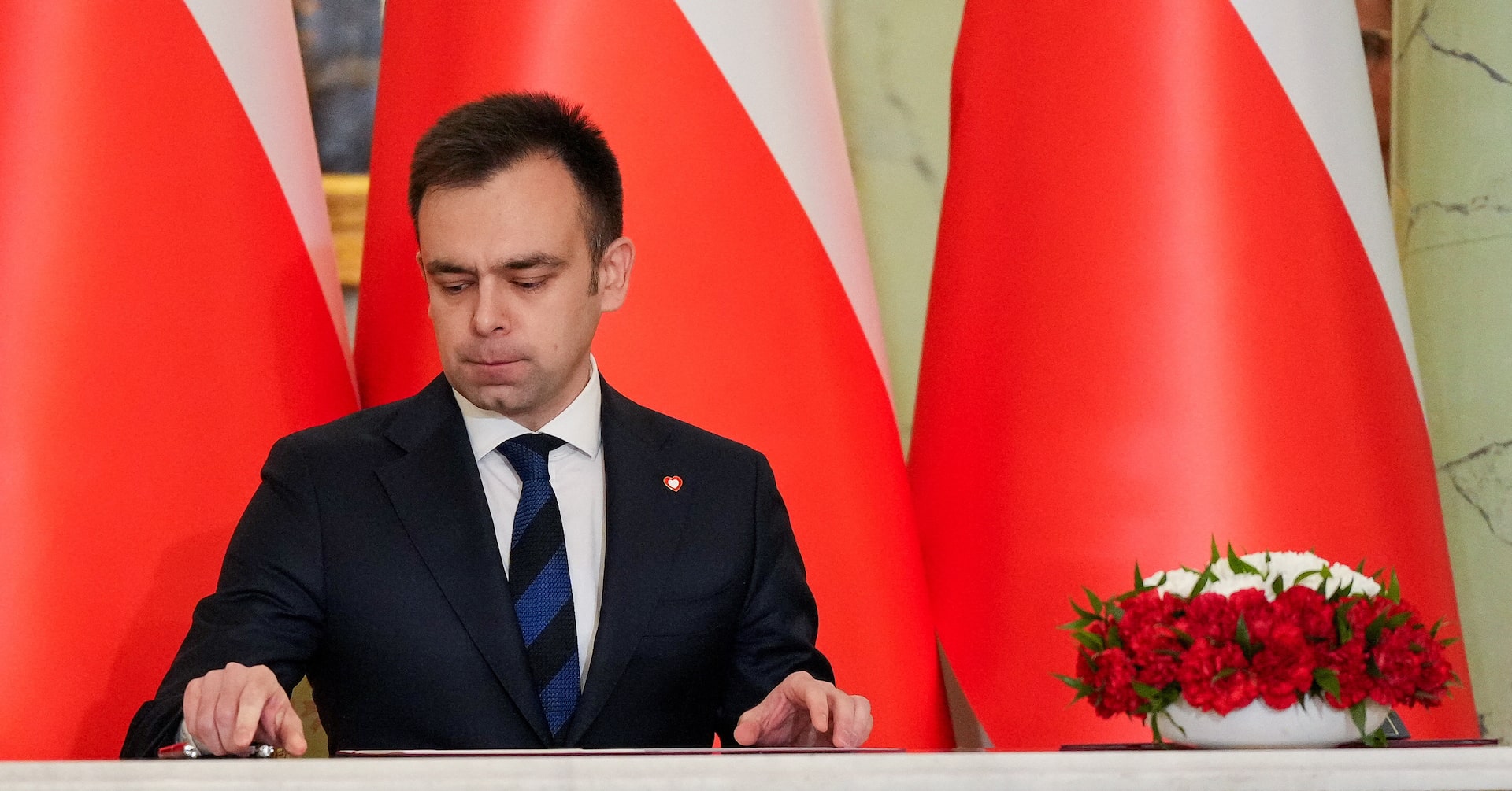Trade Triumph: Poland Cheers as US Tariff Freeze Sparks Economic Optimism

In a promising development for international trade relations, Polish Finance Minister Andrzej Domanski welcomed the United States' decision to suspend tariffs, describing it as a positive step towards de-escalating ongoing trade tensions. Speaking on Thursday, Domanski emphasized the significance of the move, highlighting it as a clear indication of the U.S. administration's commitment to finding a diplomatic resolution to trade disputes.
The suspension of tariffs signals a potential thawing of trade relations and offers hope for more constructive dialogue between nations. By choosing dialogue over confrontation, the U.S. demonstrates a willingness to seek mutually beneficial solutions that could help stabilize global economic interactions.
